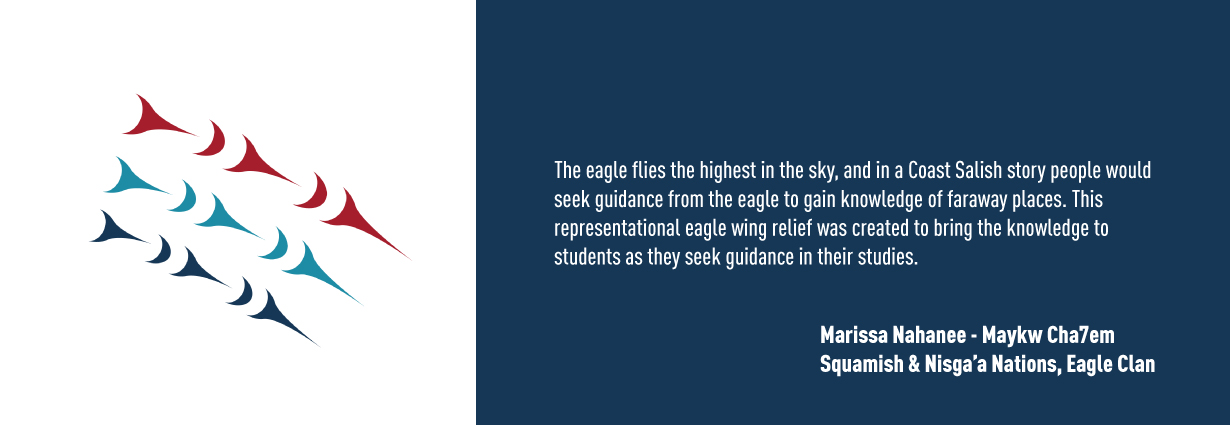
Contact Ashley Edwards, Indigenous Initiatives and Instruction Librarian, with any questions.
Indigenizing curriculum and research can start with reading and citing Indigenous voices. When the same authors and titles are cited in papers it reinforces an echo chamber, and who is deemed to have authority. It’s important to critically examine where you are getting your information, and whose voices aren’t included. This can be a challenging practice, because how can you tell if an author is Indigenous?
It is also important to define what is meant by Indigenous scholar and scholarly output. Indigenous scholarly output may often be found in peer reviewed journals, however there are concerns about bias within the peer review system. Within Indigenous communities, Indigenous scholars/researchers/knowledge keepers/Elders do not have to be credentialed by or affiliated with the academy in order to be regarded as citable experts, though many are. It may be beneficial to your work to look beyond academic publishing to find Indigenous perspectives and/or knowledge on your topic. It’s also possible, depending on the topic, that you need to look outside of Canada and find Indigenous scholars of other colonized countries (such as Aotearoa/New Zealand, Australia, and the USA).
Strategies
Searching for Indigenous authors, scholars, or publishers
One approach is to look up authors online, to see if they have self identified somewhere. You can also check faculty pages of post-secondary institutions in your discipline to find Indigenous scholars in your field, and their bibliographies. A caution on this, don’t assume identity or ethnicity based on appearance. Indigenous people can be white-coded or "hidden," meaning their complexion and colouring doesn’t match stereotypical expectations.
Both Xwi7xwa Library (UBC) and Kwantlen Polytechnic University Library (see the “Finding Indigenous Voices” video) have “Indigenous author” as a subject heading in their catalogue records, allowing you to check authors of books, ebooks, and films.
Another place to look is Indigenous publishers, such as Strong Nations, who use an icon to note Indigenous authors, Theytus Books, Kegedonce Press, and Inhabit Media. For more publishers, check UBC Library’s guide on Indigenous Publishers, Distributors, and News Media.
Using citations
Most of us are used to writing citations for our papers, but have you used them to find more sources?
Some records in the SFU Library catalogue have an easy way to browse an article’s citations, and see what articles are citing it. See the below image for an example, these links are found at the bottom of the record.
Another way to find what articles are citing a particular work (we call this a reverse citation lookup) is through Google Scholar. You can use this for both articles and books. In the Google Scholar search bar, enter the publication title you want to see who is citing. In the results, under the title link and brief information, you will see a “cited by XXX” link. From the list of citing articles, you can look up the authors of any that would be helpful for your work; check the article for a positionality statement or for any self identifying statements, or look up the authors as mentioned previously.
Places to start
Journals
Canadian Journal of Native Studies
International Indigenous Policy Journal
Journal of the Native American and Indigenous Studies Association
The Indigenous Law Journal at the University of Toronto, Faculty of Law
Global Journal of Research on Medicinal Plants and Indigenous Medicine
AlterNative: An International Journal of Indigenous Peoples
For more suggestions, visit the Indigenous Studies Books and Articles guide.
Associations and organizations
Congress of Aboriginal Peoples
Native Women’s Association of Canada
Canadian Council for Aboriginal Business
First Nations Information Governance Centre
For more, visit the Indigenous Business, or the Finding Business and Trade Associations guides.
Online sources
iPortal: Indigenous Studies Portal Research Tool, University of Saskatchewan
Selecting Resources with Indigenous Content [video presentation, 1 hr 25 min] John Doran, Dr. Angela Nardozi (host), August 22, 2018
Social media
Social media can be a great place to find Indigenous activism, and knowledge sharing. Try searching within a platform for an issue, topic, Nation, or community using a hashtag or @ symbol to find organizations, people, or threads related to it.
Both twitter and Instagram use hashtags to label or identity content that is about the same or a similar topic. You can search either platform using hashtags, to find information about a topic, event, or social movement. Some examples are:
- #idlenomore
- #StandWithWetsuweten
- #MMIWG
- #landback
- #1492landbacklane
Diversify Your Twitter Feed With These Indigenous Voices, Animikii blog post, June 19, 2017
26 Indigenous Instagram Accounts To Follow Right Away, Huffington Post, November 10, 2020
Blogs
Working Effectively with Indigenous Peoples
Podcasts
Indian and Cowboy network, currently home to six podcasts
Further reading
Cultivating a Conscientious Citation Practice Eidinger, A. Unwritten Histories blog, May 7, 2019
Citation Practice Challenge was organized by Eve Tuck, K. Wayne Yang, & Rubén Gaztambide-Fernández in 2015 with the “aim to stop erasing Indigenous, Black, brown, trans*, disabled POC, QT*POC, feminist, activist, and disability/crip contributions from our intellectual genealogies.”
Cite Black Women The movement’s praxis offers five guidelines to diversify your citing practice.
Ten simple rules for building an antiracist lab, V. B. Chaudhary and A. A. Berhe, 2020, PLOS Computational Biology
Finding Diverse Sources for Science Stories, 2020, The Open Notebook
